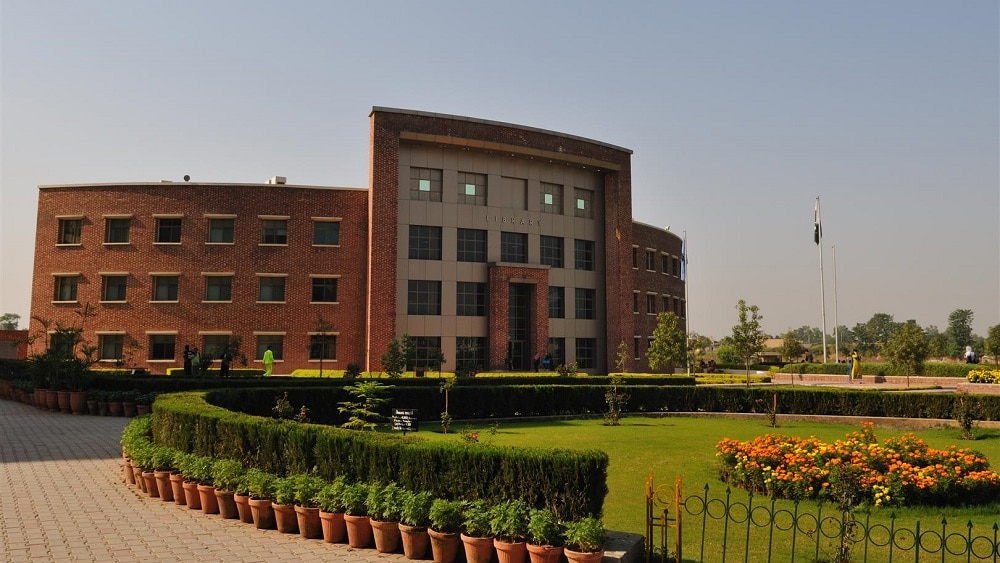A team of social scientists from COMSATS University Islamabad has been selected as one of nine new teams to receive a competitive research grant from The Degrees Initiative. This grant supports social scientists in developing countries and emerging economies in examining the socio-political implications of solar radiation management (SRM).
SRM, also known as solar geoengineering or climate intervention, is a controversial approach proposed to mitigate some risks of global warming. It may involve techniques such as injecting tiny particles into the upper atmosphere to reflect sunlight back into space, potentially reducing climate change impacts. Given the rise in global temperatures, SRM could have significant consequences, both positive and negative, especially in climate-vulnerable regions like the Global South.
The COMSATS University Islamabad team will focus on the socio-political aspects of climate change and SRM within Pakistan’s health sector. They will collaborate with SRM experts from both the Global South and Global North. This project represents Pakistan’s first social science research effort on SRM and is among the initial projects of its kind in South Asia.
Professor Dr. Athar Hussain, the principal investigator, expressed excitement about leading this groundbreaking research. He noted, “We are thrilled to explore the critical intersections of SRM, climate change, and public health in Pakistan. This initiative builds on our previous project that assessed SRM’s impacts on climate change and malaria in South Asia. You can find more details about the earlier project here.”
Dr. Hussain added, “Our previous research provided valuable evidence on the impacts of climate change and SRM on malaria. This new project will link scientific evidence with policy planning, supported by The Degrees Initiative’s Socio-Political Fund. We aim to produce high-quality research to inform policy decisions and address concerns about climate change, SRM, and public health. We will develop a dashboard for policymakers to offer evidence-based insights on malaria under various climate change and SRM scenarios across Pakistan. This data will aid in understanding SRM risks and benefits and enhance policy development.”
Dr. Abdul Waheed, a policy analyst involved in the project, commented, “This project provides a unique opportunity to explore the socio-political and ethical dimensions of SRM in Pakistan’s health sector. Through extensive stakeholder consultations, we aim to inform policy development and contribute to the global discourse on SRM. Our goal is to support balanced policies that consider SRM technologies’ potential benefits and risks while aligning with public health and climate resilience objectives.”
